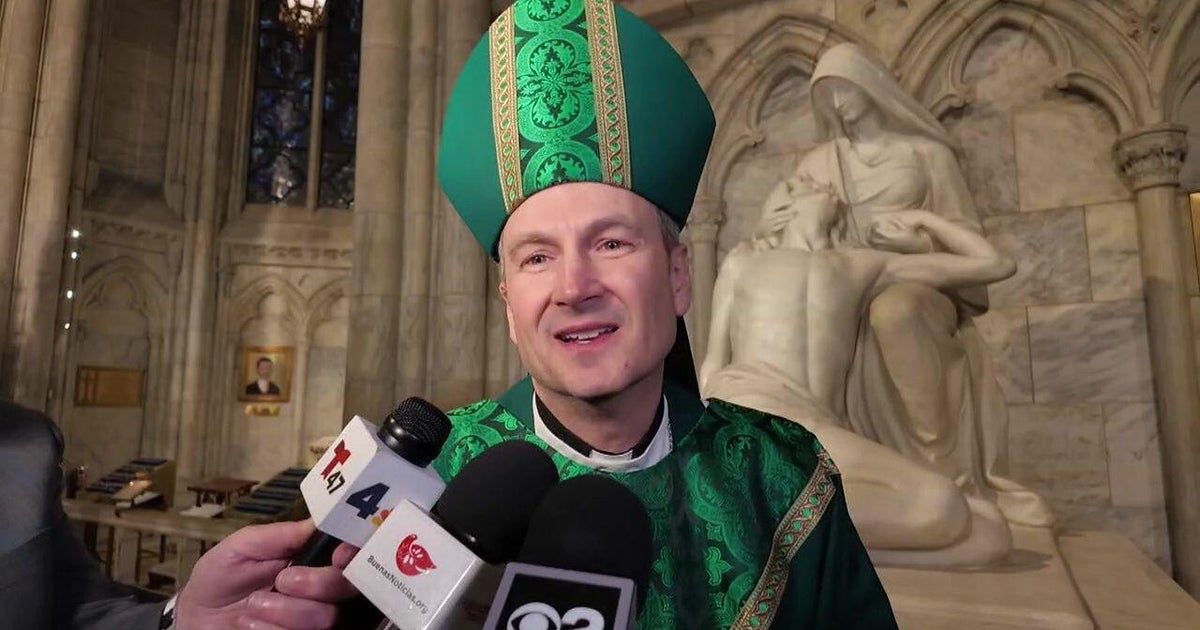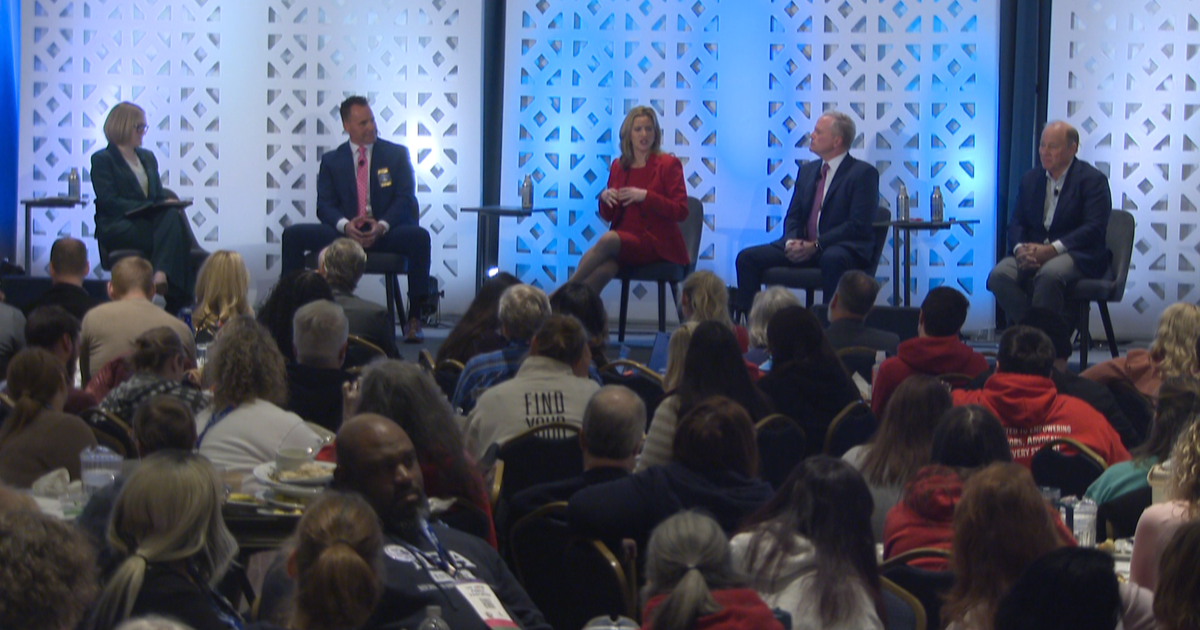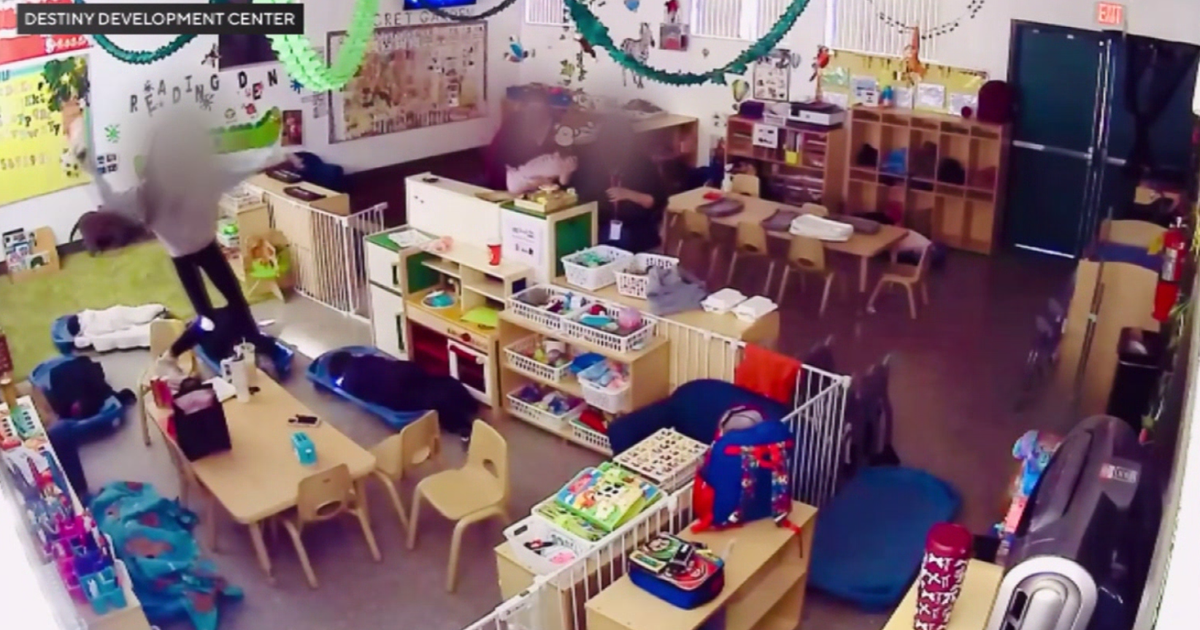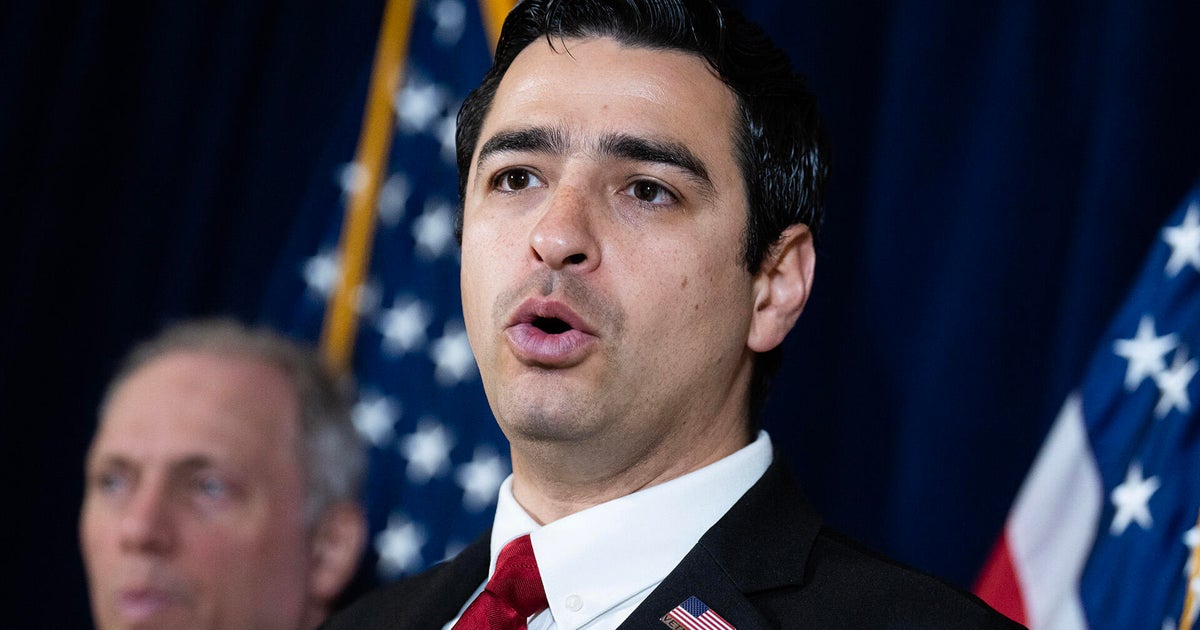Tim Walz (DFL): 2022 Election Guide
Welcome to WCCO.com's 2022 Election Guide!
We reached out to all Minnesota candidates running for U.S Congress this fall, as well as all statewide contests. Candidates were asked to provide a two-minute video discussing their platform as well as answer a set of political questions.
Below are the answers Minnesota Governor candidate Tim Walz submitted. He did not provide a video.
This is not a paid advertisement nor does WCCO endorse any candidate.
What are three pieces of your agenda you'd like to accomplish first if elected?
As a former teacher, I know that we need to fully fund public schools if we want to improve education in Minnesota. Giving students and teachers the resources they deserve will be a top priority for my second term. I am also committed to growing our economy, expanding opportunity, and strengthening public safety across our state. I have proposed $300 million in funding to give local law enforcement agencies and help them hire new officers. And while we currently have record low unemployment, we need to build on that success by expanding job training, passing middle class tax relief, and making paid family leave and affordable childcare accessible for all Minnesotans.
Do you agree with the Supreme Court's decision to overturn Roe vs. Wade? What is the future of abortion rights in Minnesota? Should the MN legislature restrict abortion access for women who live outside the state?
I strongly oppose the decision to overturn Roe v. Wade, and I issued an executive order to protect people who come to Minnesota for reproductive health care from legal repercussions in other states. In my second term, I will fight to ensure that a woman's right to choose remains protected in Minnesota. My opponent has repeatedly said he would ban abortion – even in cases of rape and incest. That will not happen on my watch.
Recent studies show Minnesota students' test scores in math and reading in a decline. What are your commitments when it comes to education in Minnesota?
As a public school parent and a former public school teacher of 20 years, I know how incredibly challenging the pandemic was for students, parents, and educators. I also understand the importance of well-funded, well-supported schools. Education is and always has been my top priority, and I will continue to push for innovative solutions and more investments in our students because I know that our schools can and should be the best in the country. During my time in office, I have prioritized funding public education, including negotiating a two-year budget that increased education funding by $1.25 billion in 2019, and investing $1.2 billion more in Minnesota schools in 2021 as well as targeting an additional $132 million to after-school and summer learning programs to help any students whose learning was impacted by the pandemic. But we also know that funding isn't everything, which is why we need to make sure we're supporting more mental health and special education resources for schools. We need to take care of our students' well-being if we want them to do well in school.
In the wake of alleged fraud related to COVID relief funds, what needs to be done to continue investigating fraud of this kind and magnitude, and uncover just how much of it occurred?
This kind of criminal fraud is completely unacceptable, and the people who carried out this scheme will go to prison. Federal regulations that govern these kinds of programs were relaxed early in the pandemic, which made it much easier for this kind of scheme to succeed. Those regulations are now back in place, which will go a long way toward preventing fraud of this scale and nature from happening again. But we need to do more, which is why we're also working at a state level to tighten processes and make improvements going forward. I'm committed to rooting out fraud and protecting taxpayer dollars.
Is less than $500 in "hero pay" an appropriate compensation for frontline workers?
No – which is why I pushed for more money to be allocated so that the compensation would be larger. Unfortunately, the Republican-controlled state Senate would not agree to a larger sum. I will keep fighting for frontline workers during the next legislative session.
Do you believe Joe Biden is the legitimately elected President of the United States?
Yes, unequivocally. Minnesota's elections are the fairest and most secure in the country and it's important we keep it that way. Making it easier for citizens to cast their ballots is key to continuing Minnesota's long history of the highest voter participation rate in the country. My opponent has called for jailing Secretary of State Steve Simon over baseless election conspiracy theories.
What do you think is responsible for rising violent crime? What do you think should be done to combat violent crime?
Increases in crime are unacceptable, especially in Minnesota where we pride ourselves on being one of the safest states in the nation. My administration has utilized the State Patrol and Bureau of Criminal Apprehension more than any other in history to help local law enforcement get guns and drugs off the streets. I also support a massive investment to recruit, hire, and better train more police. We had a bipartisan agreement that would have done that, but my opponent pressed Senate Republicans to block that deal for political reasons. We need to continue to invest in local communities who know best what their public safety needs are.
What is your position on ecological sustainability when it comes to energy, industry and agriculture?
Farmers don't need me to tell them about the dangers of climate change. They're experiencing it right now. Whether it's historic investments in biofuels or the Minnesota Agricultural Water Quality Certification Program or Minnesota's climate action framework, the ability to feed and fuel our state doesn't have to be in conflict with the need to protect Minnesota's beautiful outdoors for future generations. They can go hand in hand.
What is the government's responsibility when it comes to climate change?
The question about whether climate change is real has been answered. It's there and it poses an existential threat – not just to our environment, but to our health and our communities. I am committed to creating a carbon-free Minnesota. Through our long-term emissions plans, advocacy for the biofuels industry, and investments in renewables, my administration has fought to set Minnesota on a path toward 100% clean electricity by 2040 and create a healthier environment for generations to come.
In the wake of COVID-19, what would you have the state do to prepare for potential future pandemics?
In the last two and a half years, Minnesotans have persevered through some of the toughest times in our history. None of us ever expected to face a global pandemic but we came together as One Minnesota and emerged with fewer cases and deaths than surrounding states while our economy has recovered stronger and quicker. We've also been working to ensure that we're better prepared for the next pandemic.
Do you support the full legalization of marijuana? What are your thoughts on decriminalizing drug use?
I support full legalization of adult-use cannabis with expungement for simple marijuana possession offenses and regulation to prevent and treat drug addiction. Prohibition isn't working. We modernize our approach and do better.
What should be done with the state's $9.2 billion surplus?
I think we should do a combination of tax relief, especially for middle-class families, and investments in education, public safety, affordable health care, and paid family leave. This spring, we had a deal with Senate Republicans to pass the largest tax cut in state history while investing more than $4 billion in education, public safety, and health care. Unfortunately, my opponent successfully urged Senate Republicans to abandon that deal before it could be passed by the Legislature. We can and will get this done next year.
Minnesota is one of 13 states that taxes retirees' Social Security income. Should that tax policy continue?
In May, we had a budget deal on the table that would have removed the tax on social security benefits as part of a bipartisan compromise. Unfortunately, Senate Republicans walked away from that deal after my opponent urged them to abandon the deal. I will continue to push for this in my next term.







